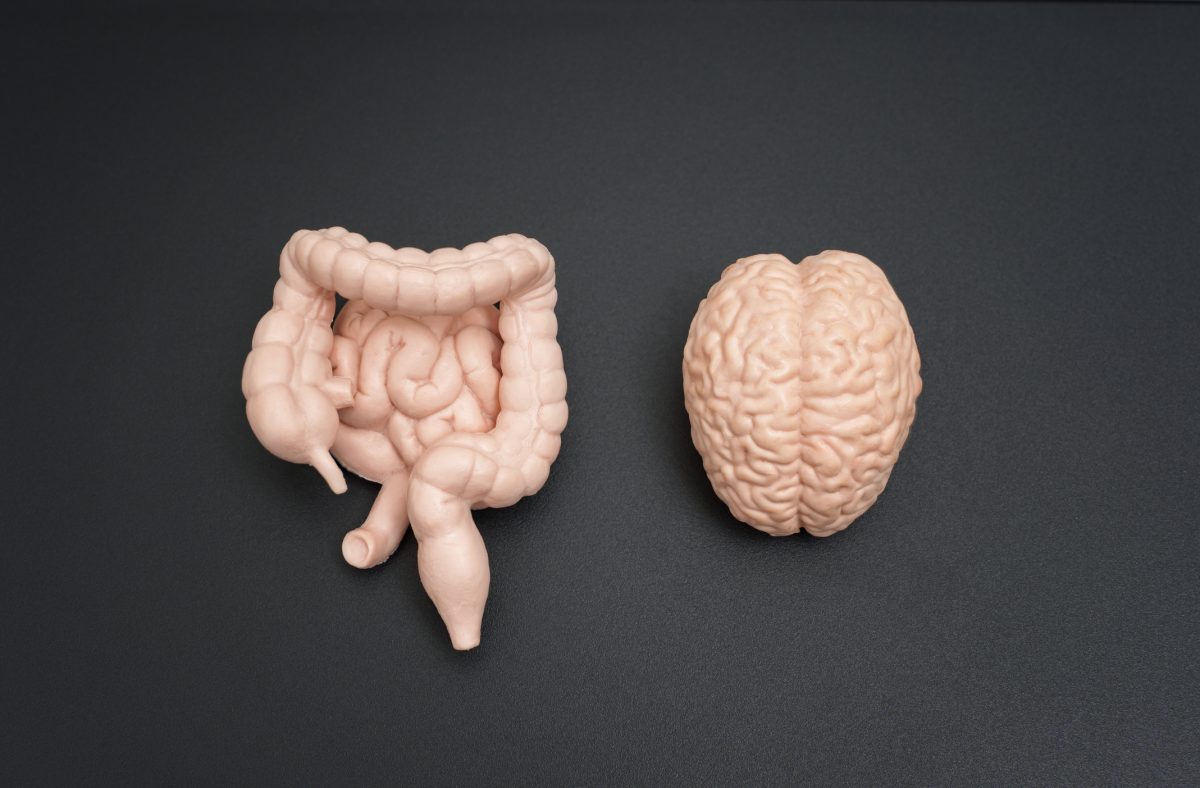You’ve probably already heard of the ‘gut-brain axis’.
It’s the biochemical signaling pathway between the gastrointestinal tract and your central nervous system, which has already been associated with bowel disease and dementia, as well as GERD and chronic headaches.
It’s also why a good night’s sleep starts in your gut.
And there’s one more important thing to know about this axis…
It could be the reason that a seemingly unrelated gastrointestinal condition leads to an increased risk of brain aneurysm that leads to stroke.
That’s because recent research from a team of scientists at the University of Pennsylvania has found an undeniable link between seven gastrointestinal or GI conditions and intracranial aneurysms.
An intracranial aneurysm (IA) occurs when a blood vessel in the brain bulges, putting pressure on the vessel wall. If this type of aneurysm ruptures, it leads to brain bleeding and causes hemorrhagic stroke, a life-threatening emergency.
For their study, the team analyzed data from over 119,000 people who either had an unruptured intracranial aneurysm or had suffered a ruptured aneurysm, comparing them to an equal number of people without aneurysms. Specifically, they were looking for patients diagnosed with GI conditions to see if those conditions upped their risk of a brain issue.
And sure enough, they found even more than they had been expecting…
The team discovered that not only do GI conditions (as well as appendectomy) and aneurysms go hand-in-hand, certain GI problems make it more likely you’ll suffer an aneurysm rupture and a life-threatening stroke.
The results showed that GI problems that were linked to unruptured aneurysms included:
GI conditions that were more likely to lead to aneurysm formation, rupture and stroke were:
- Difficulty swallowing (dysphagia)
- Diarrhea
- Constipation
“Now that we have found more evidence for a link between IAs and GI disorders, we are eager to explore them further, hoping that early detection of GI syndromes might help identify patients at risk of IAs,” said Jan-Karl Burkhardt, MD, the lead author of the study, associate professor of neurosurgery, and division head of cerebrovascular surgery at the Hospital of the University of Pennsylvania.
In other words, if you’re living with GI issues, take time now to talk to your doctor about your increased risk of aneurysm and how you can prevent problems down the road.
Though this study didn’t make the connection, research published in 2023 associated inflammatory bowel disease (IBD) with a higher stroke risk as well.
This study didn’t explain the exact mechanism behind the connection between GI disorders and aneurysms but as they investigate further, hopefully, they will.
In the meantime, past research has made a connection between stroke and popular medications used to treat conditions like gastrointestinal reflux disease. Some of these drugs may raise the stroke risk as much as 94 percent.
If you take them, talk to your physician about other options — and consider diet and lifestyle modifications that have been shown to help, like weight loss, no smoking, 30 minutes of exercise daily and a diet that doesn’t promote an acid state.
Additionally, be sure to care for the health of your gut, since a balanced microbiome has come to the forefront of research into the gut-brain axis. That includes a diet that contains probiotics and prebiotics, which can help promote regular movements and reduce the risk of constipation and diarrhea.
If you have a GI condition, be sure to know the signs of both types of aneurysm so that you can get help immediately, if necessary.
Signs of an unruptured aneurysm include:
- A dilated pupil
- Numbness, weakness or paralysis of one side of the face
- A drooping eyelid
Once a brain aneurysm ruptures, you can suffer from:
- The worst headache of your life
- Light sensitivity (photophobia)
- Double vision
- Pain behind your eye socket
- Lethargy
- Neck stiffness
- A loss of consciousness
Learn more about aneurysm risks here.
Sources:
SNIS 2024: New study reveals possible link between gastrointestinal syndromes and risk of brain aneurysm — EurekAlert!
Brain aneurysm — Mayo Clinic
Read full article here




